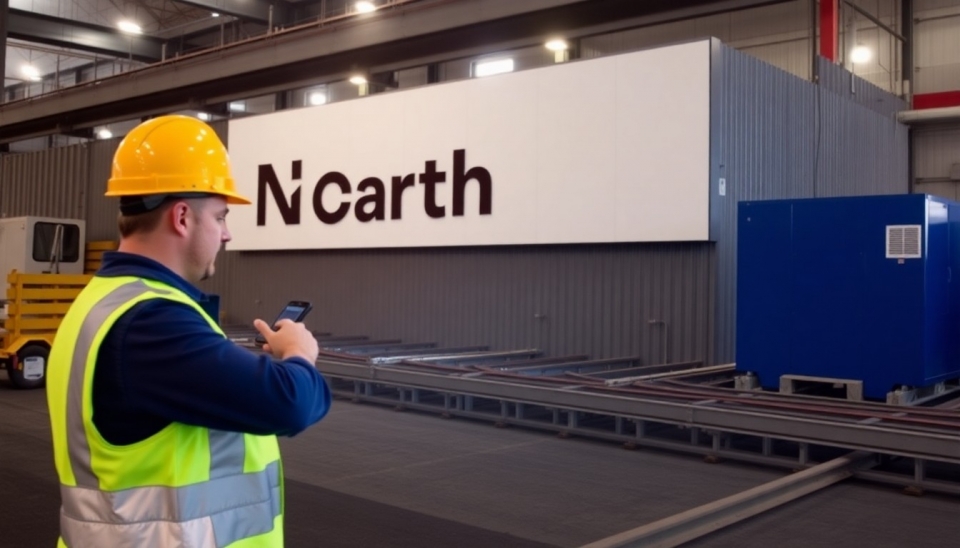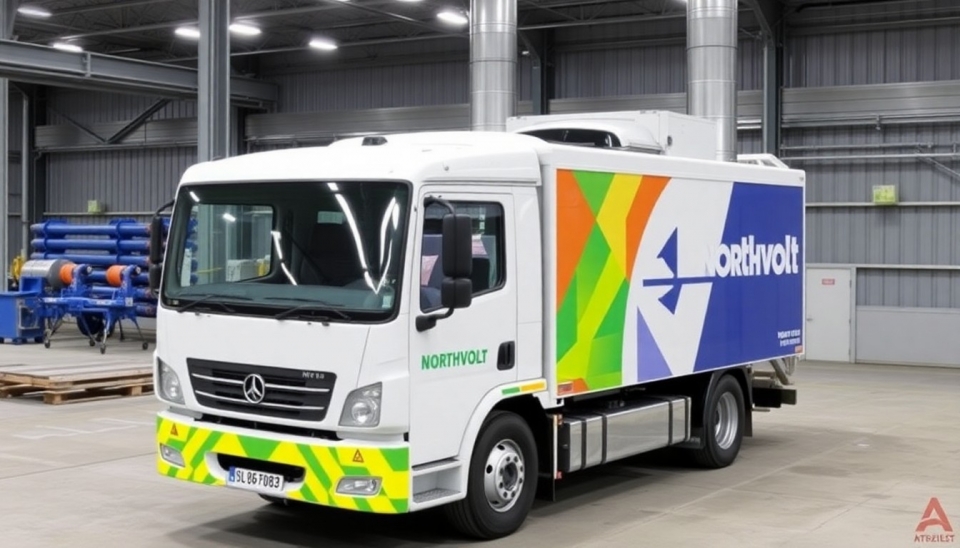
In a stunning turn of events, Northvolt, the Swedish electric vehicle battery manufacturer, has filed for bankruptcy, marking a significant blow to Europe’s aspirations of becoming a key player in the global battery market. This decision comes amid rising production costs and a tightening financial landscape that has left even the most promising companies struggling to maintain operations.
The move by Northvolt follows a wave of challenges faced by the company in its mission to ramp up battery production to meet the soaring demand from the electric vehicle sector. Despite ambitious plans and significant investment inflows, the reality of high materials costs and operational challenges became too overwhelming. In its filings, Northvolt expressed its inability to secure the necessary funding to continue its operations, noting that the current market pressures had placed an unsustainable strain on its financial resources.
Northvolt was founded in 2016 with the vision of creating a sustainable and competitive battery supply chain in Europe. It aimed to rival industry giants by establishing large-scale battery factories, bolstered by plans for a gigafactory in Sweden and plans for expansion across the continent. The company had garnered significant interest from various stakeholders, receiving substantial backing from European governments aiming to reduce dependency on non-European battery suppliers, particularly in the wake of growing geopolitical tensions.
However, in recent months, Northvolt has faced mounting obstacles. The ever-increasing costs of raw materials essential for battery production, coupled with delays in securing long-term contracts with major automakers, contributed to its financial woes. Despite attempts to negotiate with investors and forge strategic alliances, the current state of the market was not conducive to the funding required to keep the operations afloat.
Northvolt's bankruptcy not only affects its employees and stakeholders, but it also raises significant concerns over the future of Europe's battery manufacturing ambitions. The ramifications could ripple through the entire industry, jeopardizing numerous projects and the broader goal of establishing a robust electric vehicle supply chain in Europe. With the EU keen on reducing carbon emissions and enhancing energy independence, the collapse of Northvolt signifies the fragility inherent in the region's manufacturing aspirations.
Industry experts are now closely monitoring how this situation may alter the dynamics within the battery manufacturing sector in Europe. Some analysts worry that Northvolt’s bankruptcy could deter potential investments in the region, undermining the efforts of other companies aiming to step into the breach left by Northvolt's exit. Investment confidence may wane in an already volatile market, putting further projects in jeopardy and causing setbacks for the EU's broader green transition goals.
The future remains uncertain as stakeholders regroup and consider the implications of this event. While Northvolt sought to position itself as a leader in sustainable battery production, the challenges revealed the precarious balance of innovation, investment, and manufacturing demands in a rapidly evolving market.
As the dust settles post-bankruptcy announcement, the industry now faces pressing questions: Will there be a viable path for other companies to fill the void left by Northvolt? Can Europe maintain its drive toward battery independence, or will this setback deter progress? Time will tell how these developments unfold and what they mean for the future of electric vehicles in Europe.
In the wake of this significant event, it's clear that the landscape of the battery manufacturing industry in Europe has forever changed, leaving stakeholders to grapple with the implications of Northvolt's downfall.
#Northvolt #Bankruptcy #EuropeBattery #ElectricVehicles #SustainableEnergy #ManufacturingChallenges #GreenTransition #BatteryIndustry
Author: Emily Collins




